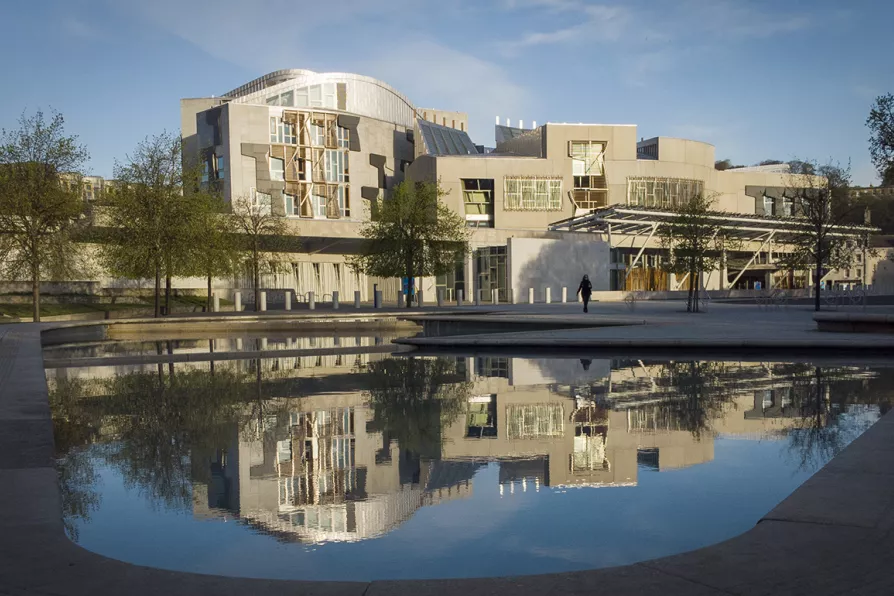
 Scottish Parliament building at Holyrood in Edinburgh
Scottish Parliament building at Holyrood in Edinburgh
SCOTLAND is “one of the most centralised nations in Europe” and the nation’s councils must be empowered to reverse the trend, according to a new report.
Founded by former Prime Minister Gordon Brown to consider options of governance that back neither the status quo nor separation, the think tank Our Scottish Future’s latest report has looked at the role local government can play in devolution to communities across the country,
Entitled “Rewiring Scotland,” the report echoed long-held complaints from councils it says are “often relegated to the role of a delivery agent for the centre rather than a genuinely empowered level of government,” amid increasing centralisation over recent decades.

It is time to stop tolerating the governing elites incompetence which makes our lives a daily misery, argues MATT KERR













